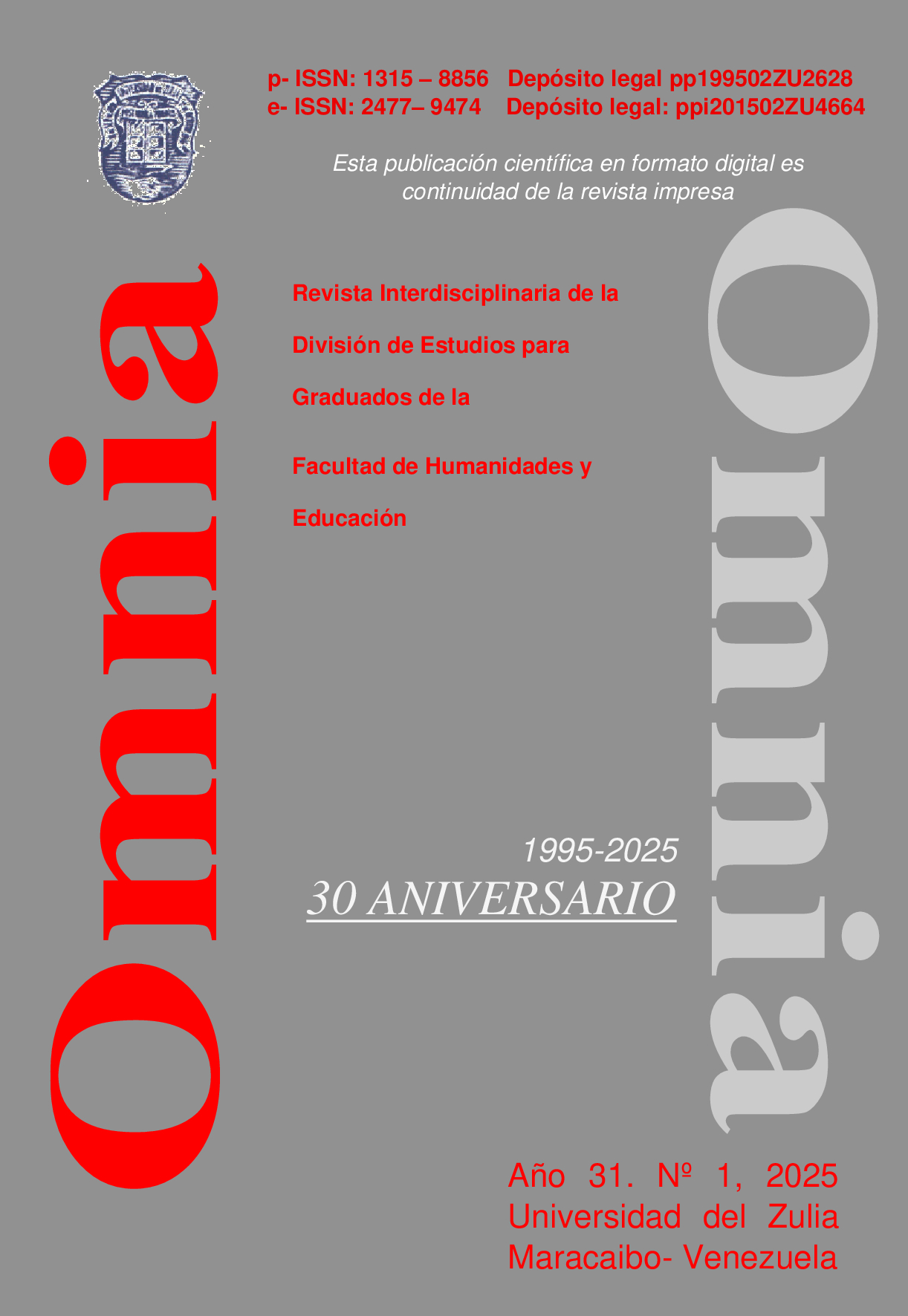Quantitative and qualitative research from the perspective of university teachers
Abstract
In the line of temporality, the human being as a rational being, and his sensory organs, ego has focused on providing answers to the various questions that arise from the interaction with other human beings, with nature and his own thought. The objective of the research was focused on analyzing the definition, characteristics of quantitative and qualitative research from the perspective of university professors. Theoretically, it was based on the position of the following authors: Hernández Sampieri et al (2014), Ríos Ramírez (2017), Corona Lisboa (2018), Espinoza Freire (2020) among others. Methodologically, the qualitative-interpretative paradigm associated with the worldview, beliefs, and values of the researchers was assumed. For the development of the research, six (6) university professors were selected, considered key informants, this selection was made using an intentional sampling supported by inclusion criteria: research experience, accessibility by the researcher to these key informants and willingness of the informants to answer the semi-structured interview made up of two questions. Based on the answers provided by the interviewed university professors who define the quantitative research. Approach, paradigm, process, tools and methods to obtain numerical and measurable data with the causal relationship of variables
Downloads
References
Del Canto, Ero (2012). Investigación y Métodos Cualitativos: un abor-daje teórico desde un nuevo paradigma. REVISTA CIENCIAS DE LA EDUCACIÓN Segunda Etapa / Año 2012 / Vol. 22 / Nº 40 / Valencia, Julio – Diciembre.
Duhalde, Miguel Ángel (1999). La Investigación en la Escuela. Editor CEP, 2009.ISBN:8499370691,9788499370699.Disponible en-https://books-.google.co.ve/books/about/La_investigaci%C3%B3n_en_la_escuela.html?id=9NLVXwAACAAJ&redir_esc=y.
Espinoza Freire, Eudaldo Enrique (2020). La investigación cualitativa, una herramienta ética en el ámbito pedagógico. Revista Conra-do, 16(75), 103-110 Volumen 16 | Número 75 | Julio - Agosto | 2020. Disponible en https://www.researchgate.net/publication/346940616._
Fuster Guillen, Doris Elida (2019). Investigación cualitativa: Método fenomenológico hermenéutico. Propósitos y Representaciones, 7(1), 201-229.Universidad Nacional Mayor de San Marcos, Lima, Perú ORCID: https://orcid.org/0000-0002-7889-2243.
Hernández Sampieri, Roberto; Fernández Collado, Carlos y Pilar Baptista Lucio, María (2014). Metodología de la Investigación. Derechos reservados © 2014, respecto a la sexta edición por McGraw-Hill / interamericana editores, s.a. de C.V. Edificio Punta Santa Fe Prolongación Paseo de la Reforma 1015, Torre A Piso 17, Co-lonia Desarrollo Santa Fe, Delegación Álvaro Obregón C.P. 01376, México D.F. Miembro de la Cámara Nacional de la Industria Edito-rial Mexicana, Reg. Núm. 736.
Ríos Ramírez, Roger Ricardo (2017). Metodología para la investigación y redacción. ISBN-13: 978-84-17211-23-3 Primera edición digital Septiembre 2017 Colección: Biblioteca Virtual de Derecho, Eco-nomía y Ciencias Sociales http://www.eumed.net/libros/libro.php?id=1662.
Tamayo y Tamayo, Mario (2003). El proceso de la investigación cientí-fica incluye evaluación y administración de proyectos de inves-tigación, la edición, composición, diseño e impresión de esta obra fueron realizados bajo la supervisión de grupo noriega editores. Balderas 95. COL. CENTRO. MÉXICO, D.F. C.P. 06040 6214395000303518DP9200lE.
Torres Carrillo, Alfonso (2012). Métodos y Diseños de Investigación Cualitativa. En: Ortiz Cepeda, L (2012). Curso de Investigación Cualitativa. Universidad Nacional abierta y a Distancia-UNAD-Escuela de Ciencias Sociales artes y Humanidades. Programas de Comunicación Social y Psicología.





